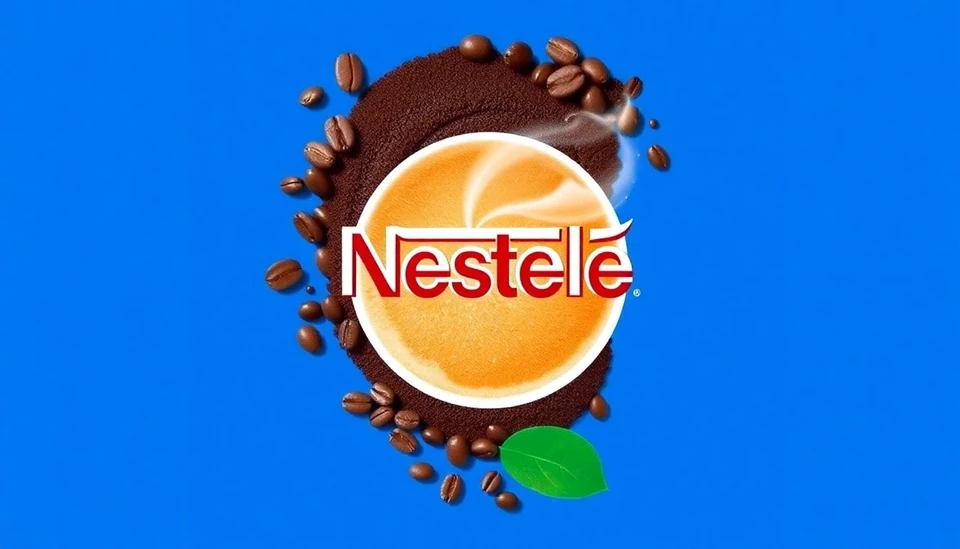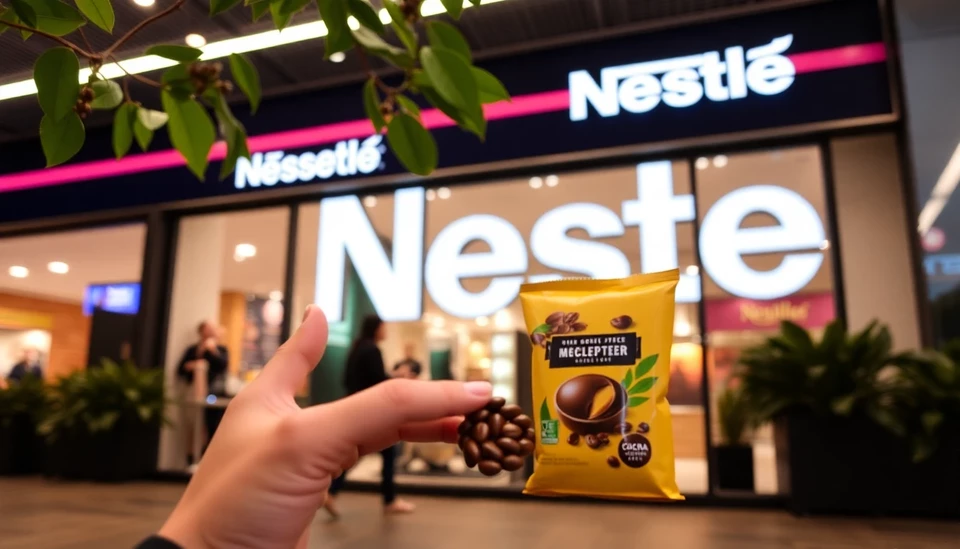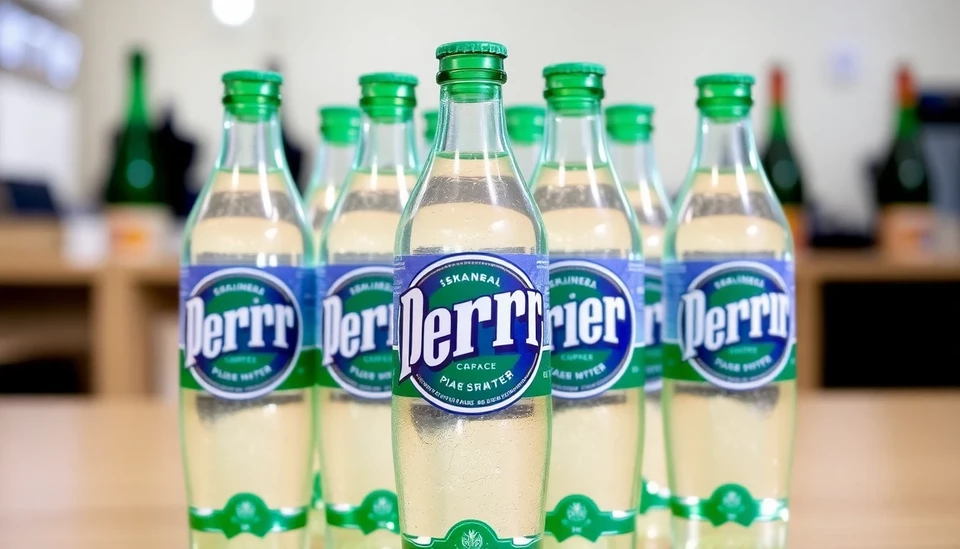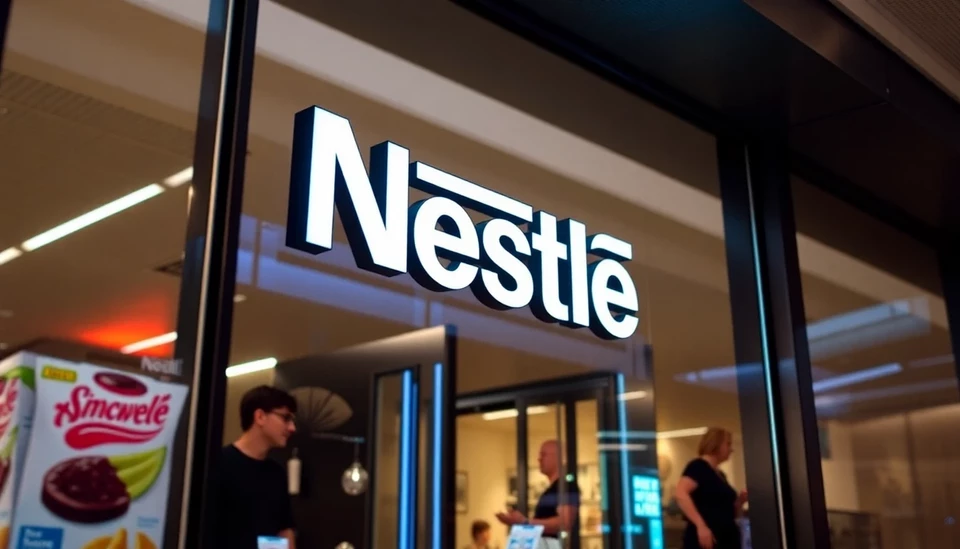
In a recent announcement, Nestlé, the world-renowned food and beverage giant, revealed significant changes to its coffee product lineup as raw material costs continue to escalate. The company plans to increase prices on its coffee products while simultaneously reducing the sizes of its coffee packages, seeking to combat the impact of soaring coffee bean prices.
The adjustments, according to a report released on November 19, 2024, are a direct response to the ongoing challenges faced in the coffee market. As global demand has surged and adverse weather conditions have affected crop yields, prices for coffee beans have surged, placing considerable pressure on producers and manufacturers alike.
Nestlé, which boasts a portfolio that includes popular brands such as Nescafé and Nespresso, is not the only company grappling with these market fluctuations. The entire coffee industry is facing similar dilemmas, leading multiple brands to reassess their pricing structures.
The upcoming price hikes are expected to vary across different product lines, reflecting varying degrees of impact from the raw materials' price increases. Furthermore, the strategy of downsizing product packaging will likely affect consumer perception, as shoppers find themselves receiving less product for the same or higher price. This tactic might also serve as a preservation strategy for Nestlé's market share amidst increasing competition from both established and emerging coffee brands.
In anticipation of these changes, Nestlé has been proactive in communicating with its customers and stakeholders. The company assures that they are committed to maintaining quality while adapting to these market pressures. Various stakeholders in the coffee supply chain are closely monitoring the situation, as further developments could have broader implications for coffee pricing around the world.
As consumers adjust to these changes, the implications could extend beyond just the purchasing cost of coffee. Coffee culture, consumer behavior, and overall market dynamics could shift as shoppers respond to the new pricing and packaging strategies implemented by Nestlé and its competitors.
Experts in the field suggest that these measures by Nestlé might spur conversations about sustainability and product value among consumers. As coffee drinkers navigate their way through rising prices and reduced quantities, the dialogue around the ethics of coffee sourcing and production may gain traction.
Ultimately, as Nestlé prepares to implement these changes on its coffee products, the company is poised to continue leading in the coffee market, albeit under new economic conditions that could reshape consumer habits for the foreseeable future.
Stay tuned for further updates as the situation evolves and companies respond to these market shifts.
#Nestlé #CoffeePrices #ConsumerTrends #FoodIndustry #CoffeeMarket
Author: John Harris




